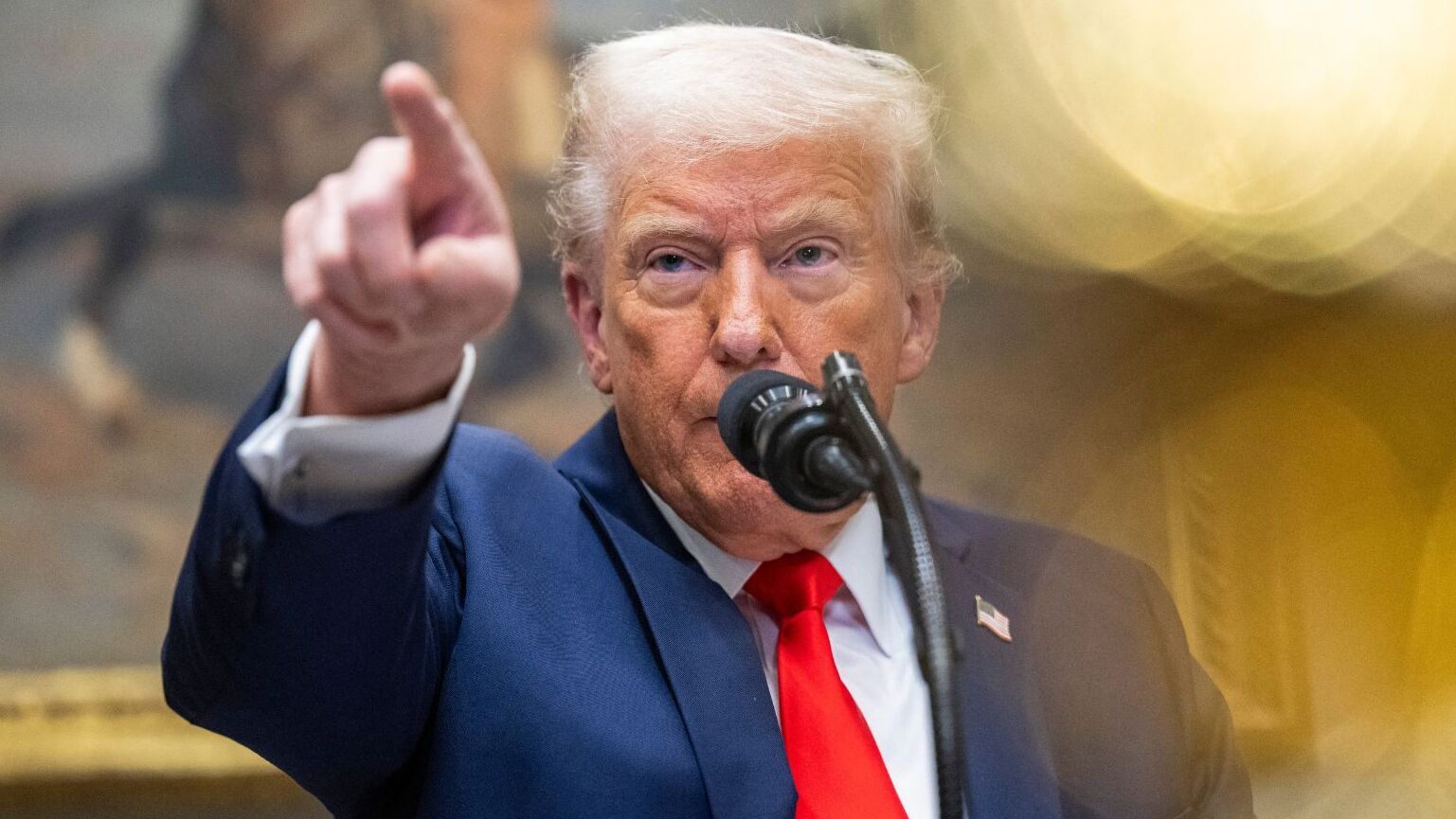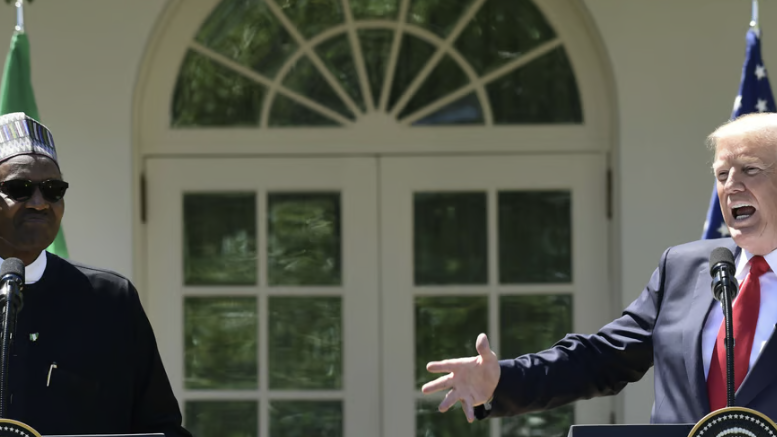
United States: A change of direction that sows doubt in the Maghreb
Washington appears to be changing course, giving its North African allies a cold shoulder. While expectations for financial aid were high, the United States appears to have decided to reconsider its approach, with repercussions that could be far more serious than a simple shortage of greenbacks. Imagine the scene for a moment: White House officials sitting around a table, weighing the pros and cons of sending dollars to the Maghreb. At the end of the meeting, there are no promises of support, but a deep silence.
Geopolitical issues: between promises and realities
To understand this about-face, we must delve into the complexity of relations between Washington and its Arab partners. The specter of democracy fades when budgets are tight. For years, the United States viewed the Maghreb as a key issue in countering Russian and Chinese influence in the region. But today, priorities seem to have shifted, and the torch of geopolitical interest is flickering. Who could suffer most? Local populations, who expected solid support in tackling economic and social challenges. But, surprise! The promises are colliding with the reality of budget cuts.
The wind of disillusionment is blowing strong
The Maghreb countries are at a turning point. While some political leaders dream of extending financial rations, the reality is harsher. Today, it is the untapped wealth and the desperate need for infrastructure that appear threatened by this change of mood from the White House. It could be safely said that some African leaders had to break a small bottle of whiskey to make the pill go down. The logic seems cruel: tax revenues are suffering, investment is stagnating, but American promises are evaporating like a drop of water on hot asphalt.
What future for North American cooperation?
What projects can locals still believe in? Voices are being raised to remind us that aid is not a favor but a beneficial exchange. The rise of social movements and the demand for greater transparency underscore the need for aid adapted to the realities on the ground and not empty promises. The United States would have everything to gain by reevaluating its aid strategy. By calling for more real cooperation rather than mere financial assistance, the allies can perhaps hope that one day, history will remember their relationship not as yet another diplomatic misstep but as a fruitful alliance. But broken promises come at a price. Let's just hope the bill doesn't always fall on the same person.



Leave a comment
This site is protected by hCaptcha and the hCaptcha Privacy Policy and Terms of Service apply.